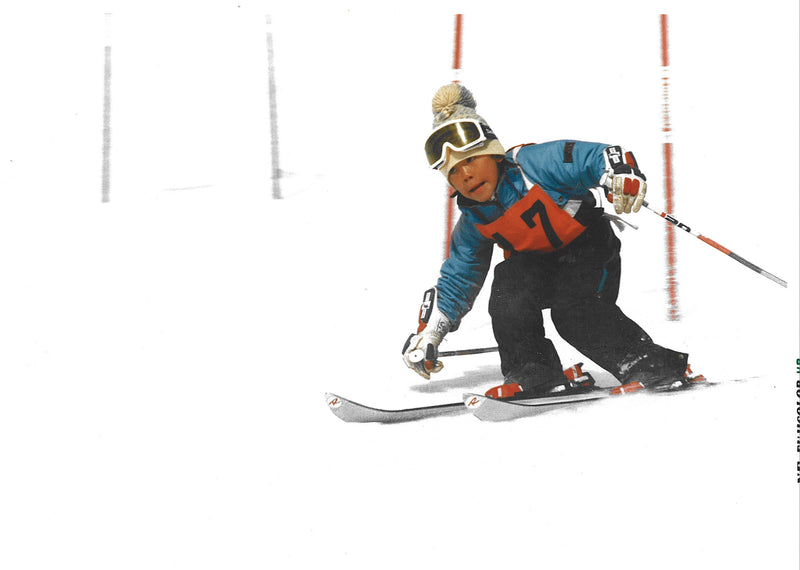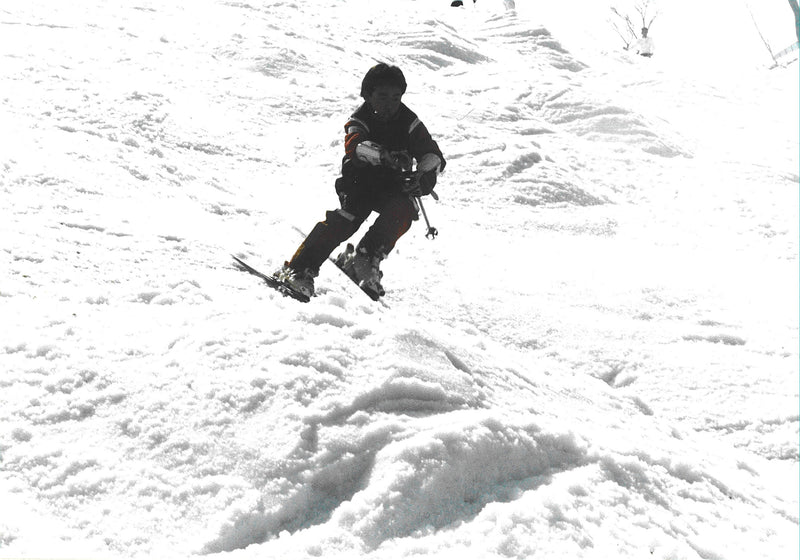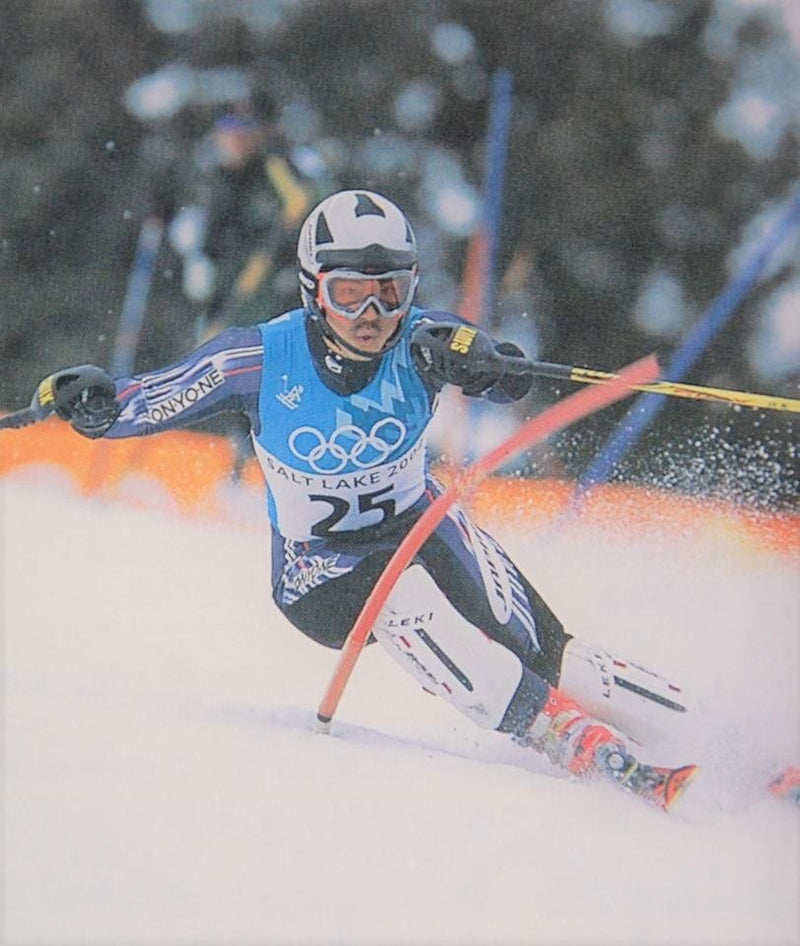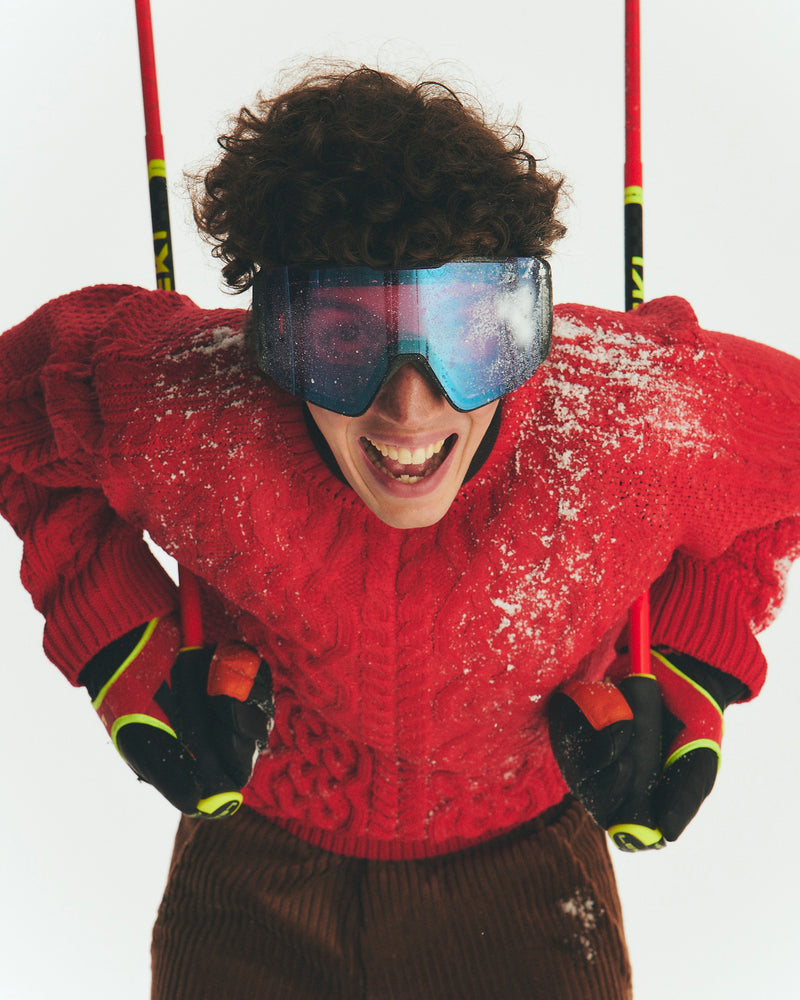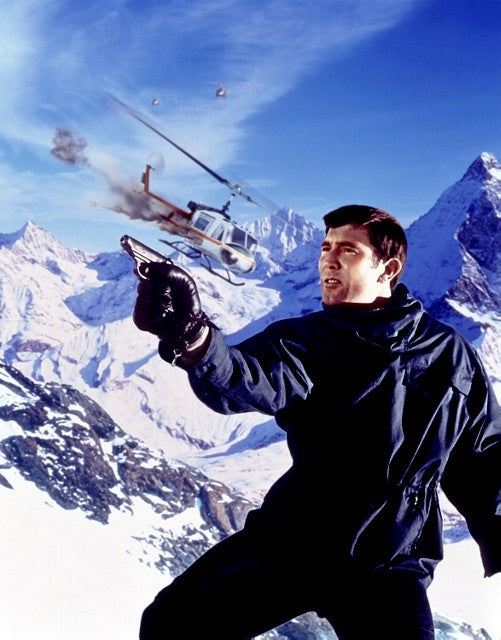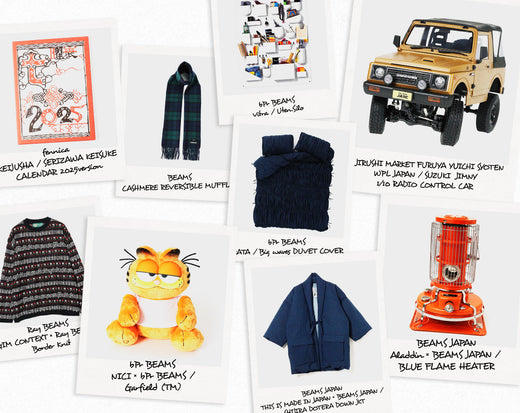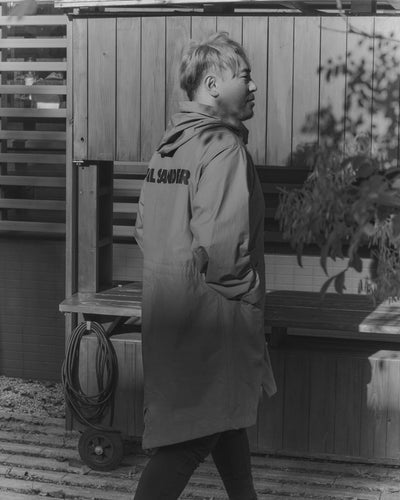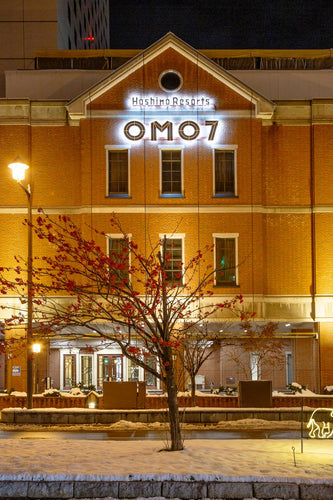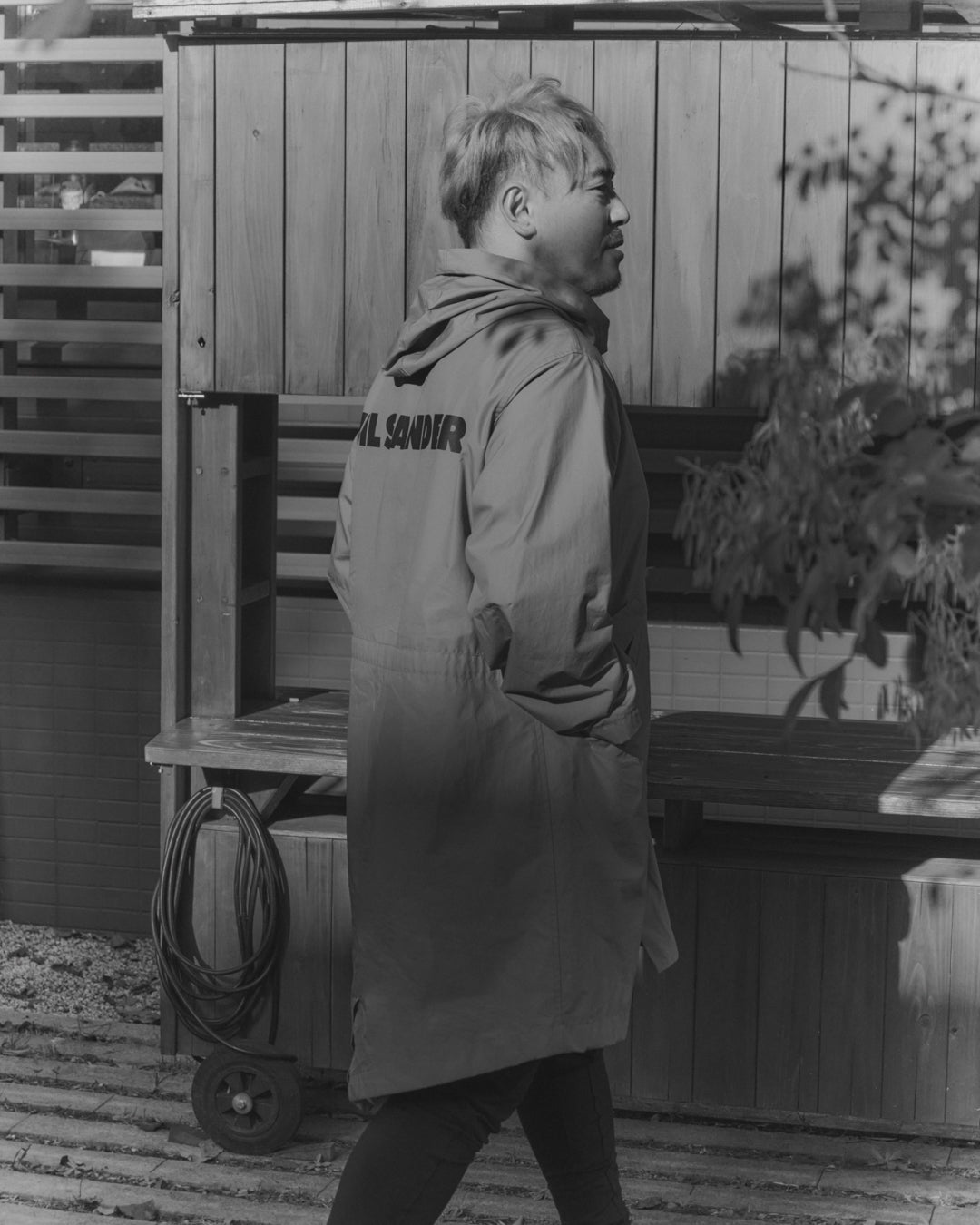

HANG OUT VOL.4 SKI & CHRISTMAS
Interview with Kentaro Minagawa
The past, present and future of skiing.
Skiing has both sport and leisure aspects, and some people ski to the max while others ski for fun. Either way, the stage is a ski resort. Thirty years have passed since the heyday, and ski resorts and skiers How has it changed? We spoke to Kentaro Minagawa, who competed in four consecutive Winter Olympics in alpine skiing and is now working to develop the winter industry, including resort development. Skiing is now in new territory. is standing there.
PROFILE
Kentaro Minagawa
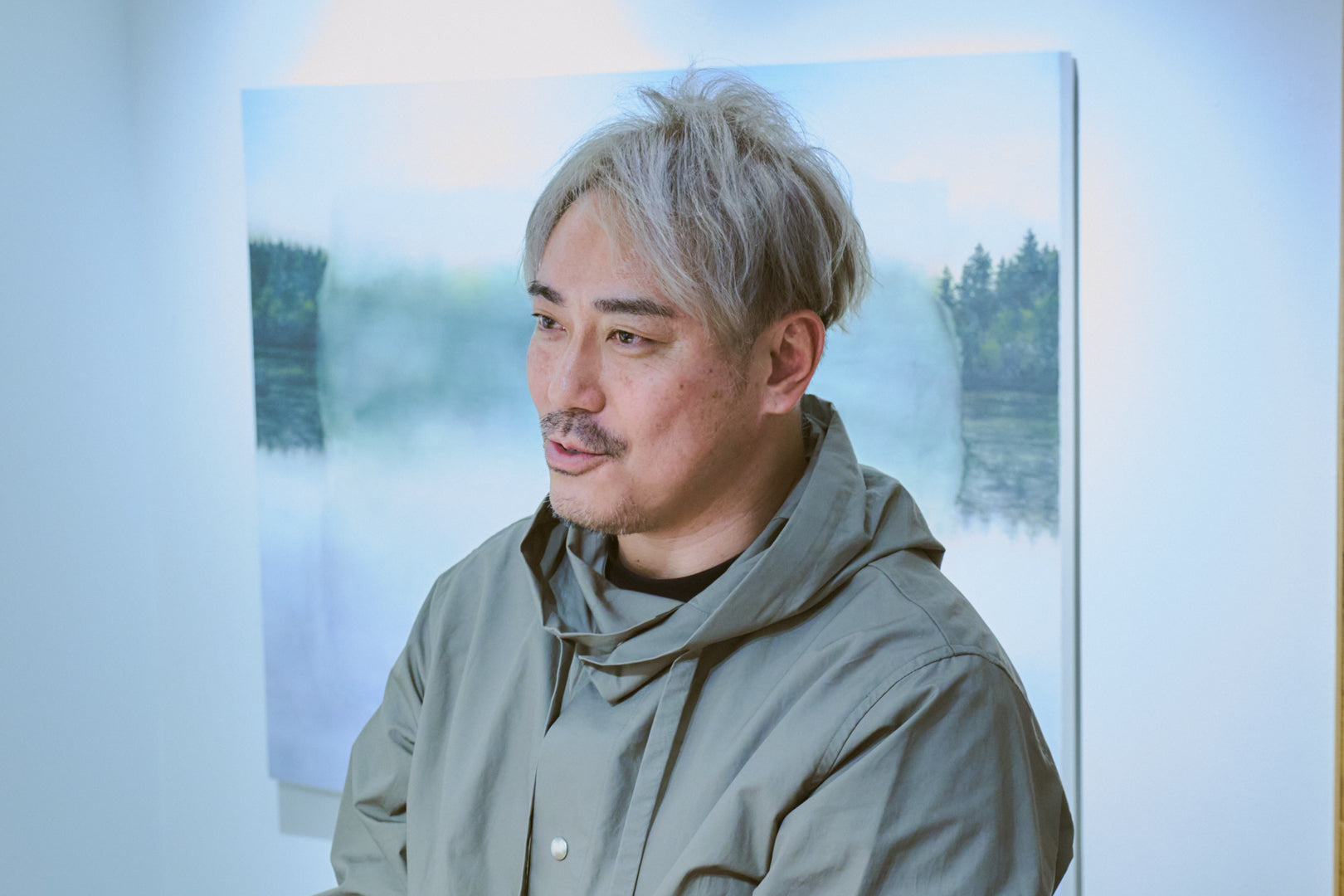
Born in 1977 in Yuzawa, Niigata Prefecture. Former member of the Japanese national alpine ski team. Participated in numerous competitions, including the World Championships and the World Cup. Represented Japan in the 1998 Nagano Olympics, the 2002 Salt Lake City Olympics, the 2006 Turin Olympics, and the 2010 Vancouver Olympics. At the 2006 Turin Olympics, he placed 4th, becoming the first Japanese skier to win a prize in 50 years. He retired in 2014. He currently serves as the representative director of the Winter Industry Revitalization Organization, a general incorporated foundation, and is also a consultant for Appi Kogen Ski Resort in Iwate Prefecture and Naeba Ski Resort in Niigata Prefecture.
Memories from childhood to active years.
-I heard that you started skiing at the age of three.
Minagawa: My parents ran a guesthouse in Naeba, and when you opened the door, you were right at the ski resort. So I started skiing just like kids playing soccer or baseball in the park.
-What was it about skiing that attracted you?
Minagawa: I think I enjoyed downhill skiing. I enjoyed controlling it with my own strength and gaining speed. I was skiing from morning until night, and my parents even asked me, "Don't you get bored?" (laughs)
-At what age did you start alpine skiing?
Minagawa: I don't remember anymore, but when I was in the second grade of elementary school, I was interviewed by a newspaper and I said, "I want to be an Olympic athlete." Alpine skiing has simple rules: it's all about speed, who can ski the fastest down a set course. I also liked competing against time, so I think that was another reason I was fascinated by it.
-At that time, was your motivation not to lose to anyone?
Minagawa: When I was in the fifth grade of elementary school, I went to Austria for the first time for summer school. I was a good skier back home, but there were many kids overseas who were better than me. When I asked them their ages, they told me they were my classmates or one year younger than me. They were Rainer Schönfelder and Benjamin Reich.
-These two competed for the podium at the 2006 Turin Olympics.
Minagawa: That encounter was a big one. From middle school to college, the two of them were always on my mind, and I thought they would have become even faster.
-Was your reunion since you were in fifth grade at the Turin Olympics?
Minagawa: No. After I became a high school student, we met again for the first time in a long time at the World Junior Championships, and it seemed like he remembered me and started talking to me. We met at the tournaments every year, and he told me about the next tournament, how good the restaurant in Italy was, and how good that hotel was, and so on. We played in resorts, and hotels and restaurants were a part of our daily lives, so I grew to like them, too, and that led to my current job.
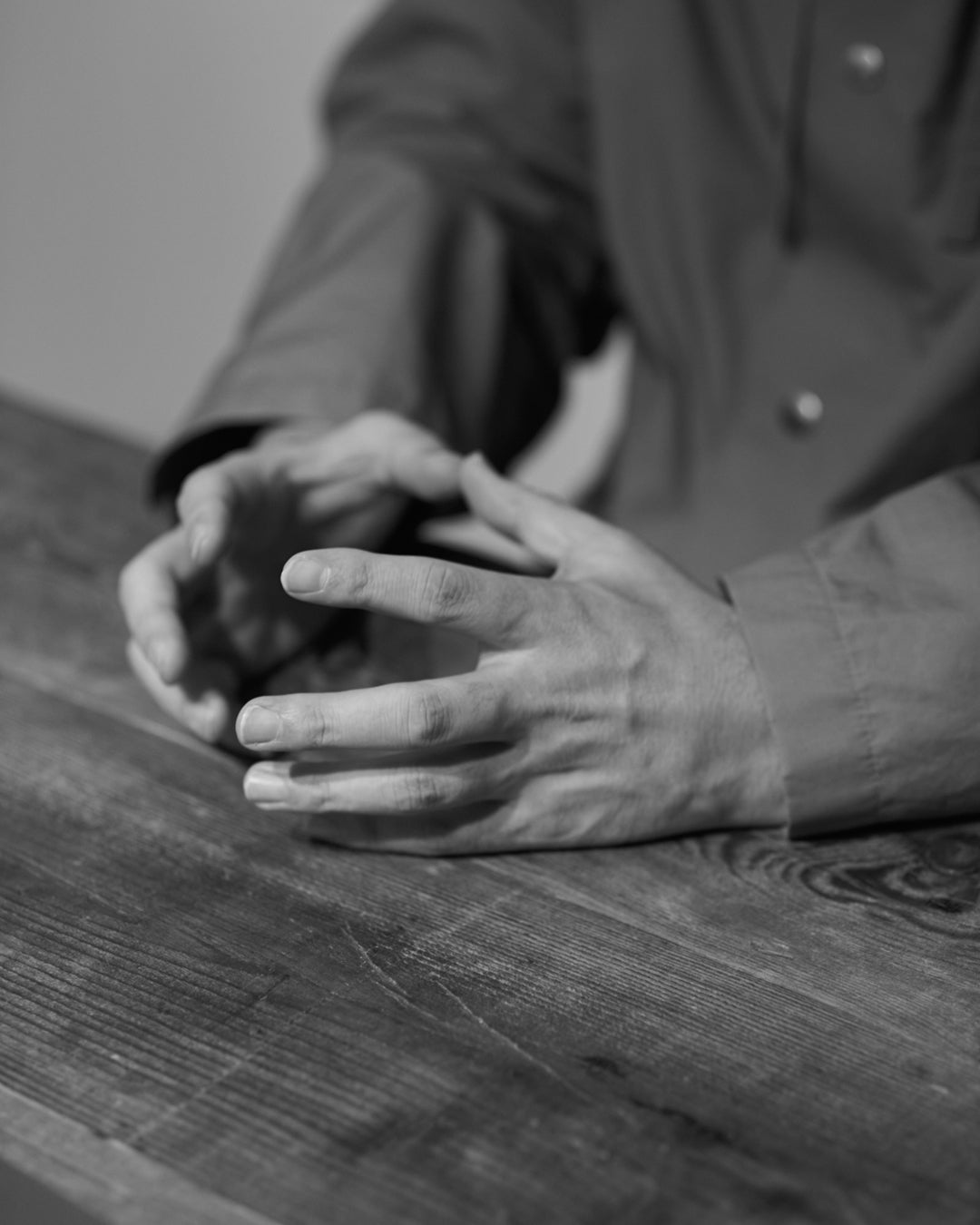
This article is exclusive to monthly members
To read more
All articles are free to read. All content is free during the trial period.
Buy a Monthly Membership Log in
